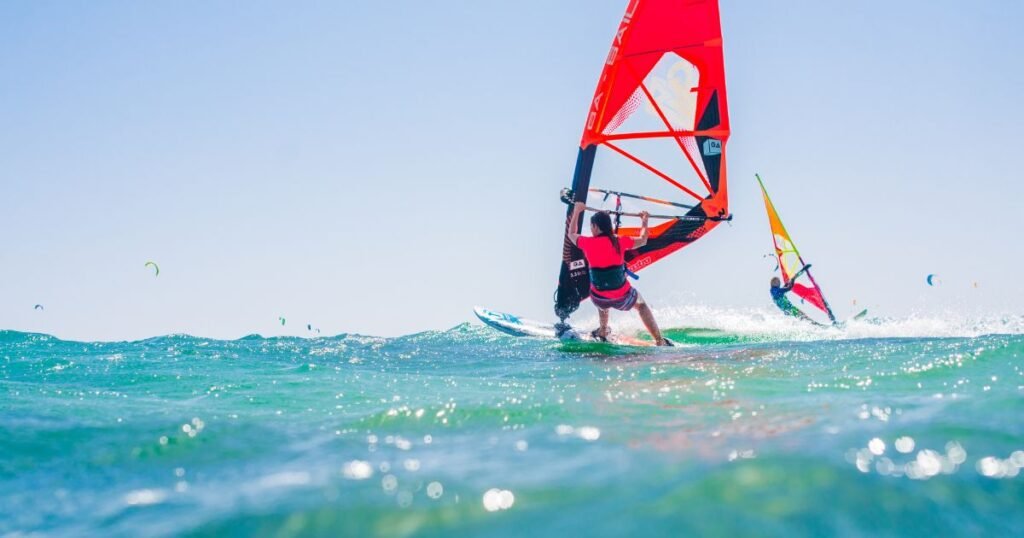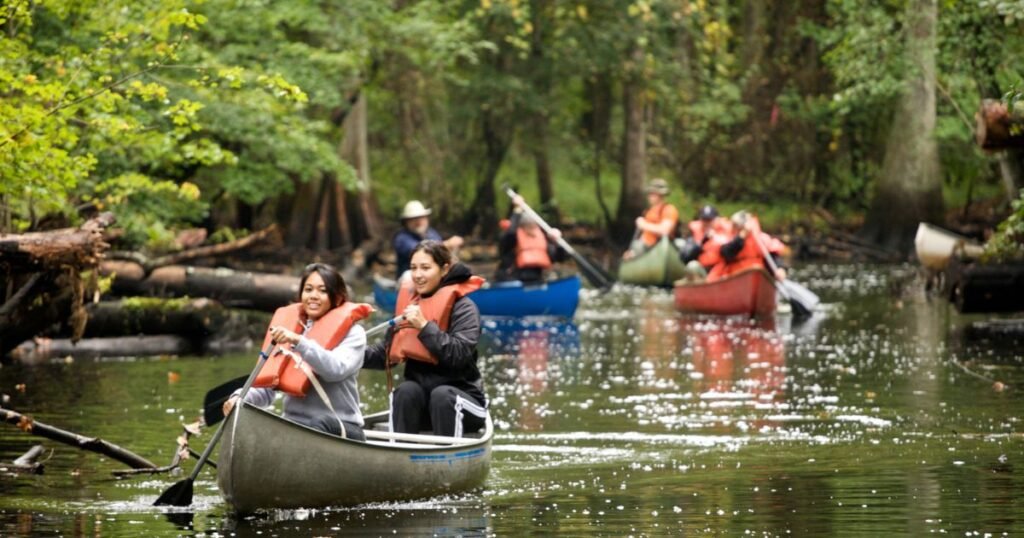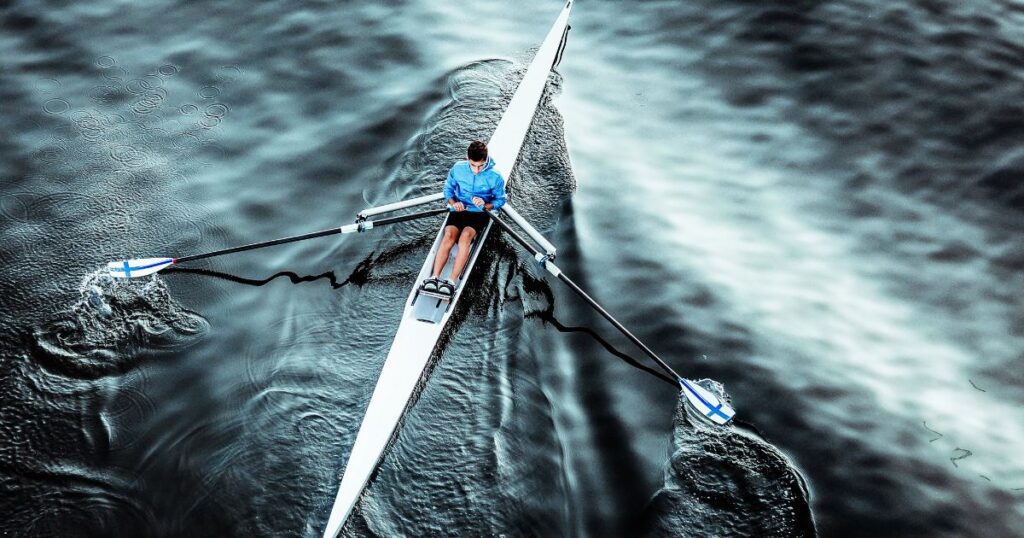Water sports provide a rush of excitement while delivering an array of health and social benefits. Activities like surfing, sailing, paddle boarding, kayaking, and more get you active on the water. Besides being great recreation, water sports enhance fitness, mindfulness, social connections, and appreciation for nature. Whether you try wind-powered sports, board sports or boating, playing on the water promises rewarding benefits.
Surfing
This iconic board sport has evolved into a popular lifestyle activity around coastal communities. Balancing on a surfboard to ride waves delivers an unparalleled thrill. Surfing provides both mental and physical benefits. It builds core strength, endurance, balance, and coordination as surfers paddle out and ride waves. The ocean environment also facilitates mindfulness, tranquility, and stress relief through rhythmic motion. Surfing fosters a welcoming social community linked by a common passion. For coastal lovers, surfing offers the ultimate active lifestyle.
Windsurfing and Kitesurfing
Channeling the power of wind and waves results in high-octane exploits through windsurfing and kitesurfing. Using a surfboard with a detachable sail, windsurfers glide and jump across the water. Kitesurfers harness the traction of a large power kite to propel their boards to incredible speeds and heights.

Mastering the intricacies of working with the wind and water together provides endless challenges and rewards. Both sports build core strength, balance, coordination, and cardiovascular fitness with all the jumping and direction changes. The concentration required also brings focus and stress relief.
Kayaking
Paddling a kayak lets you explore lakes, rivers, and oceans at the water level. Kayaking engages your upper body, core, and back with the pulling motion required to propel across the water. Since it’s a lower impact, people can enjoy kayaking across ages and experience levels. From leisurely tours to whitewater rapids, kayaking adventures cultivate mindfulness and appreciation for nature’s beauty. Joining group paddles links you with the community and allows for shared moments. Kayaking remains a versatile way to receive the holistic benefits of water sports recreation.
Canoeing
Similar to kayaking, canoeing relies on paddling but allows for a tandem experience. Part of canoeing’s appeal includes working in sync and bonding with your paddling partner. It builds communication and teamwork. Like kayaking, it boosts upper body strength without hard impact. Canoe camping trips build self-reliance and resilience by paddling your gear and supplies across lakes and calm rivers into the secluded wilderness.

There is also a rich heritage behind canoe cultures around the world. Mastering canoe travel brings purpose and connection to nature.
Rowing
Rowing demands intense cardiovascular conditioning and synchronized teamwork. Whether racing sleek sculls or bonding over dragon boat festivals, rowing activates nearly all muscles with its rigorous movements. Rowing delivers an incredible workout for building strength and endurance. The concentration and coordination required also facilitate mental focus and flow. Rowing teams provide motivation, camaraderie, and support. Many clubs and competitions now offer adaptive rowing for people with disabilities as well. As a collective water sport, rowing packs many rewarding benefits.
Conclusion:
Clearly, water sports deliver far more than just fun and excitement. The fitness, mindfulness, social connection, and eco-therapy benefits can profoundly impact wellbeing. That makes water sports an appealing recreational choice for active individuals and communities.

Frequently Asked Questions about Water Sports
What water sports are best for improving strength and cardio fitness?
Sports like surfing, kayaking, stand-up paddle-boarding, waterskiing, and competitive swimming provide excellent strength and cardio benefits. High-resistance rowing is also great for fitness.
Which water sports are easiest to learn as a beginner?
Beginner-friendly water sports include snorkeling, tubing, sailing, speedboating, recreational kayaking, and paddle-boarding. Taking lessons provides helpful guidance for new participants.
How can water sports benefit mental health and well-being?
The motion, sights, sounds, and activity involved induce mindfulness and stress relief. Social interaction and accomplishments also aid well-being. Overcoming fears and challenges builds confidence.
What safety precautions should you take with water sports?
Use proper protective gear like life jackets. Check conditions and forecast before going out. Go with a buddy or group. Learn emergency skills like CPR. Start in beginner areas before advancing.
Where are the best destinations for water sports?
Coastal communities near oceans, lakes, or rivers tend to be top destinations. Hawaii, Florida, California, the Great Lakes, the Colorado River, and New Zealand offer prime water recreation.
How can you make water sports more eco-friendly?
Follow regulations on motors and wildlife. The practice leaves no trace of principles. Use non-toxic environmentally friendly gear/sunscreens. Respect marine preservation areas. Do your part to conserve water access and quality.




